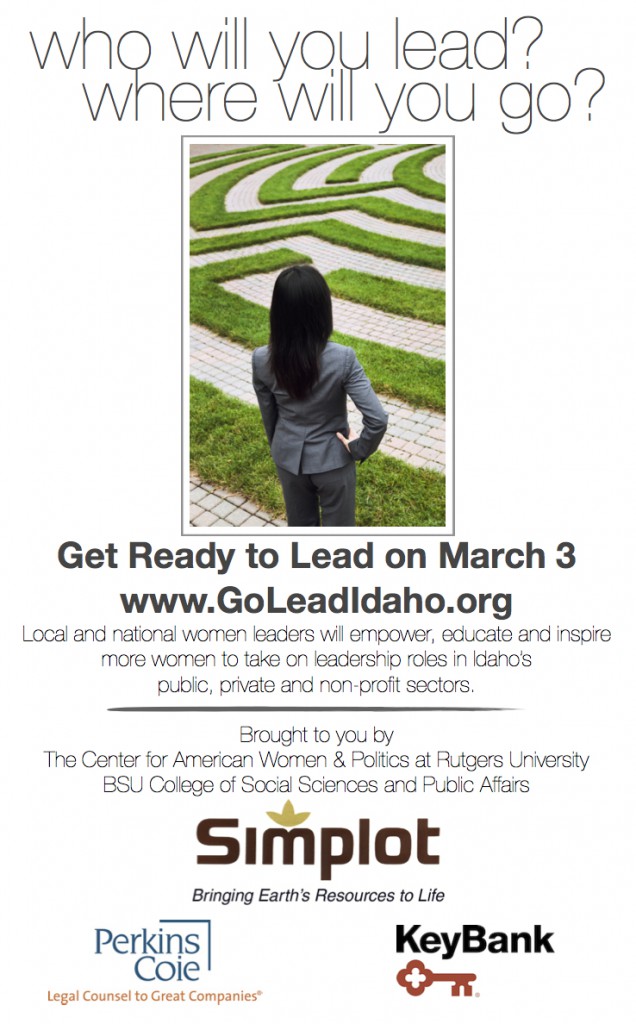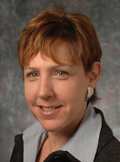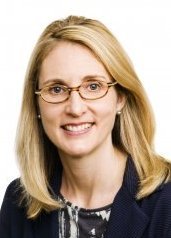Debbie Walsh, Executive Director of The Center for American Women and Politics (CAWP), sets the stage for the rest of the day with her morning address. Go Lead Idaho is proud to be a partner of CAWP – here’s what the organization is all about.
The Center for American Women and Politics (CAWP), a unit of theEagleton Institute of Politics at Rutgers, The State University of New Jersey, is nationally recognized as the leading source of scholarly research and current data about American women’s political participation. Its mission is to promote greater knowledge and understanding about women’s participation in politics and government and to enhance women’s influence and leadership in public life.
CAWP’s education and outreach programs translate research findings into action, addressing women’s under-representation in political leadership with effective, imaginative programs serving a variety of audiences. As the world has watched Americans considering female candidates for the nation’s highest offices, CAWP’s nearly four decades of analyzing and interpreting women’s participation in American politics have provided a foundation and context for the discussion.
CAWP helps identify women in American who feel qualified and ready to run, and empowers women to not just passively wait but think strategically to position themselves & create opportunities.
What CAWP has learned over the past 40 years:
- The big names we see – Michelle Bachman, Hilary Clinton – mask that we haven’t
- In US Congress only 17% are women
- 24% of all state legislators
- Only 6 women governors
- US ranks 75 in the world in the percent of women in our national legislature – tied with Turkmenistan and Kazakistan
- A quota for women in elected leadership was put into Iraq’s new constitution
- Idaho ranks 17th in the nation for number of women in our state legislature
We care because women’s voices make a difference – and bring a different set of life experience to policy making.
CAWP research has found that in state legislatures, women are more likely than their male colleagues – cutting across party lines – to care about issues affecting women, family and children and thinking that government should operate in a more transparent, inclusive way. One of the prime reasons women run for office is because of a public policy issue. Men tend to run because of a longstanding interest in politics. Men run to be someone, women run to do something.
In surveys of those in state legislatures:
Men were much more likely to make the determination on their own to run for office
Women would need to be asked multiple times to run for office.
Consider this event your invitation to run.
We are looking to you as potential candidates and asking you to run.
![photo[3]](http://www.goleadidaho.org/wp-content/uploads/2012/03/photo3-300x225.jpg)


